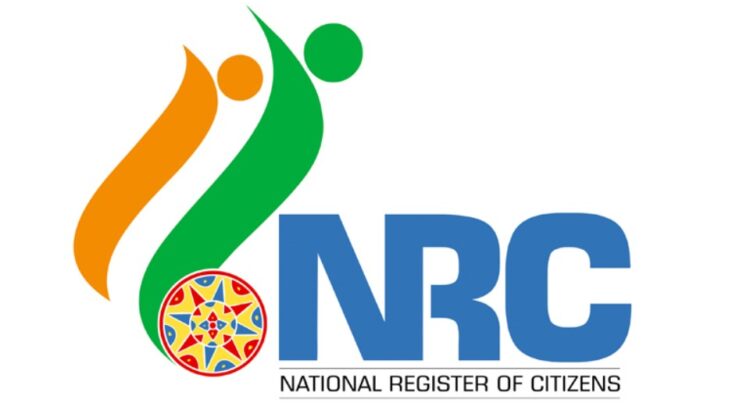Pan India is set ablaze. It is a spark of something unconstitutional happening here. Our mothers and sisters or daughters together with zillions of male protestors in Shaheen Bagh of Delhi and other part of the country are peacefully showing their apprehensions.
Certainly, the newly introduced constitution called NRC is the cause of their anxiety. The bureaucrats are going to link it with the CAA (Citizenship Amendment Act), 2019. The spokespersons of the Government of India frequently come with some confusing and contradictory statements, which has pressed every citizen to consider this matter seriously over and over.
What is NRC?
It stands for the National Register of Citizens or NRC. This constitution is planned to be launched all across India in the coming months.
What is in it that makes people so apprehended that they have come on the roads, amplifying their voice against it. Although it marks just a registration of those who are truly the citizen of this secular nation, yet it has some suspicions.
This bill was tabled to weed out all illegal infiltrators from here, as per BJP’s stance. But, a big community of civil servants has thrown light on some pertaining aspects, which fans the doubt.
First, the government has now decided to delink the National Population Register (NPR) from the National Register of Indian Citizens (NRIC) that have been drawn from the amendments in the Citizenship Act, 1955 and the Citizenship Rules, 2003 (framed by the NDA government).
If these registrations are to be null and void, why does census take place in every decade?
The census is an informational compilation about all residents of India, although, the names are not listed down. This is where the NPR comes into play. It consists of names of all those who have lived in India over six months, regardless of their nationality.
Proofs to present for NRIC:
On the other hand, the NRIC is a subset of the NPR. The Citizenship Act, 2003 was crafted to verify the details in that Population Register provided by the Local Registrar. This Registrar separately segments cases of doubtful citizenship and hence, conducts further inquiries. It is the case of Assam where this happened.
The base of this verification is the proof, which can be any of these:
- 1951 NRC
- Electoral roll(s) up to 24 March (midnight), 1971
- Land and tenancy records
- Citizenship certificate
- Permanent resident certificate
- Any government issued licence/certificate
- Government service/ employment service
- Bank or post office account
- Birth certificate
- Refugee registration certificate
- State educational board or university educational certificate
- Court records/ processes
- Passport
- Any LIC policy
The aforementioned documents won’t be acceptable if they could not be from a date later than the cut-off date of March 24, 1971 (Midnight). The dilemma of those who did not have any of those documents was also taken into account. Such people could show any one of the documents named in this list together with the names of their parents/ grandparents so that the connection could be identified:
- Birth certificate
- Land certificate
- Board/ university certificate
- Bank/LIC/ post office records
- Circle officer/ gaon panchayat secretary certificate in case of married women
- Electoral roll
- Ration card
- Any other legally acceptable document
The married women with no proof as mentioned above to show her family link can show:
- Circle officer or gaon panchayat secretary certificate that need not be on or before the 1971 date
- A ration card issued on or before the 1971 date
On these bases, the Local Registrar has been drafted a local register of Indian citizens. This is the very stage where the corruption will flare-up. The registrar would exclude and include the claim of being an Indian on the basis of money. Even, the fear of being professed on the basis of religion is also surging up.
Checklist of Parents’ Citizenship:
The recent amendment in the NPR 2020 mandates:
- The name of the parents of the residents
- The records of their dates and places of birth
Those who won’t be able to provide these documents shall be introduced to the category of “Doubtful Citizens”, as per NPR 2020.
“If the NRIC is already in place to identify the “illegal migrants”, then why was the NRC 2019 needed?”- It is one of the primary reasons for the protest being sparked.
Another thing is that the 1985 Assam Accord foreigners are looking up to March 24, 1971 as the standard date for regularizing as Indian citizens. On the flip side, the citizens of the rest of the country who were born outside the country after January 26, 1950 will be a foreigner or an illegal migrant. Also, he has to be a subject matter of laws like the Foreigners Act, 1946, Passport (Entry into India), 1920 and tribunals. It seems that nearly 125-crore Indians have to reapply for citizenship.











